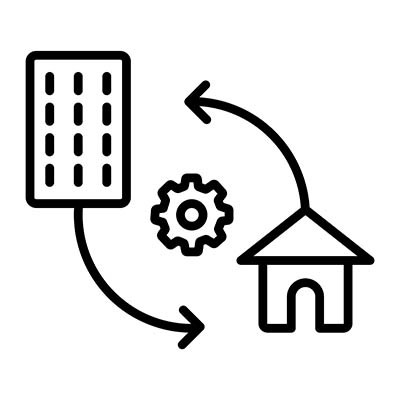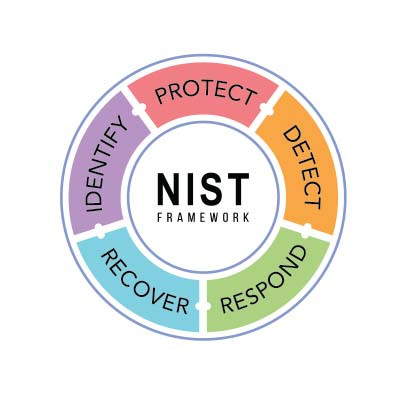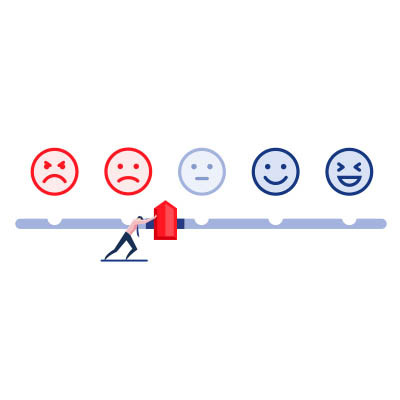As we stand on the threshold of a new year, it’s worth noting that the term "cybersecurity" didn't even enter the common lexicon until the late 1980s. Before that, we just called it "computer security"—mostly involving locking the server room door and hoping nobody guessed the password was "admin."
Fast forward to today, and the game has changed entirely. "Hoping for the best" is no longer a viable business plan. As you prep your resolutions, it’s time to hit the ground running with a cybersecurity posture that is as modern as the threats we face—a goal that will require training for your entire team.




















